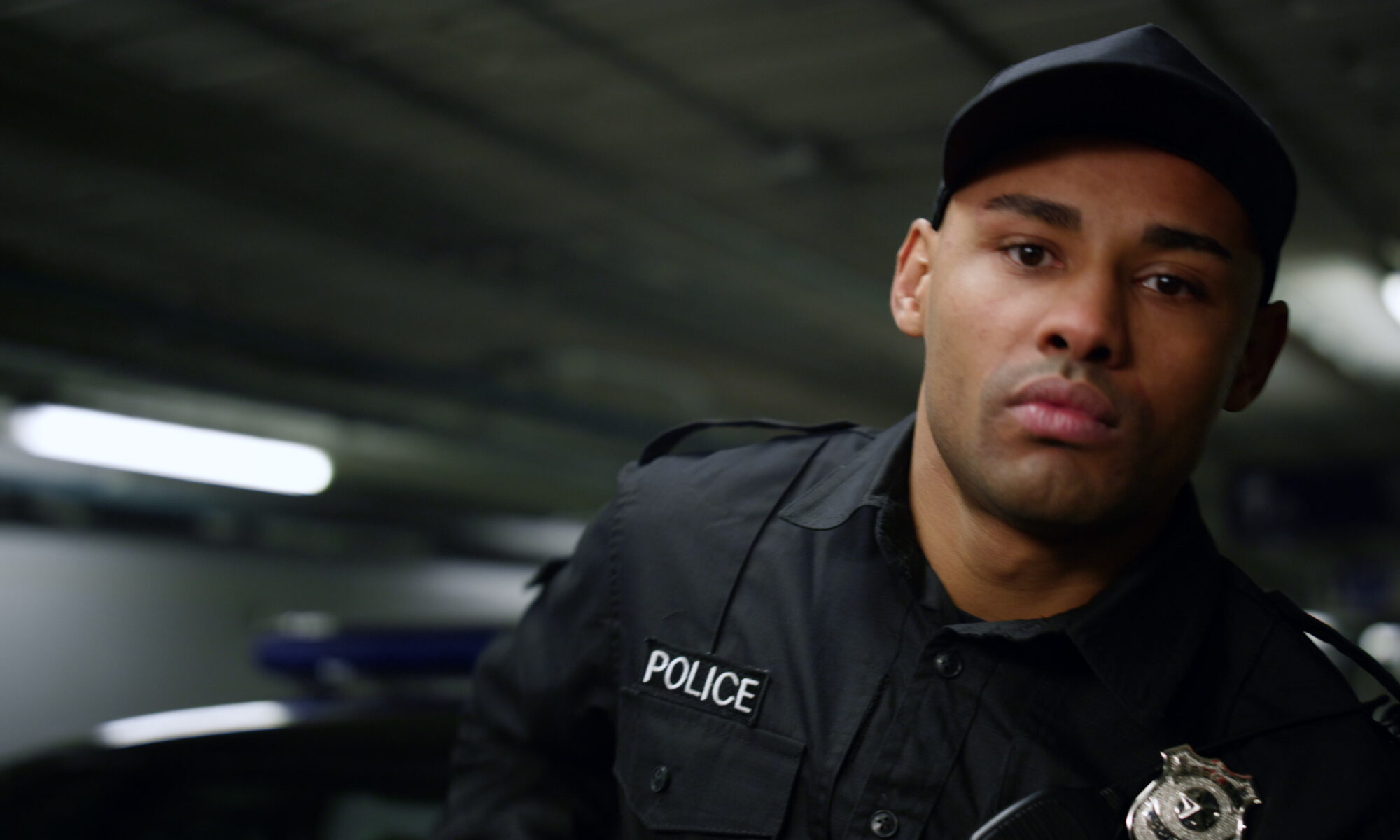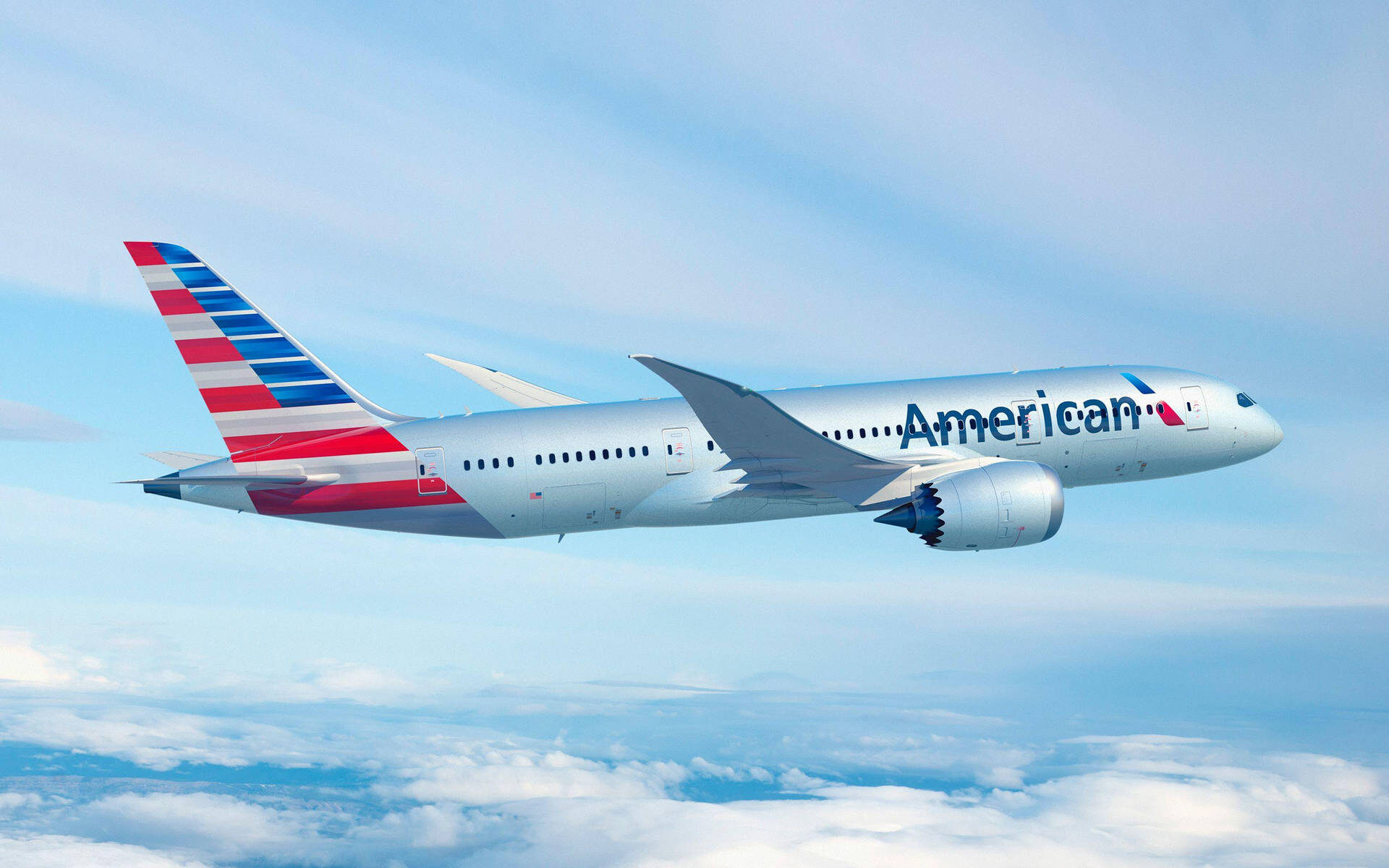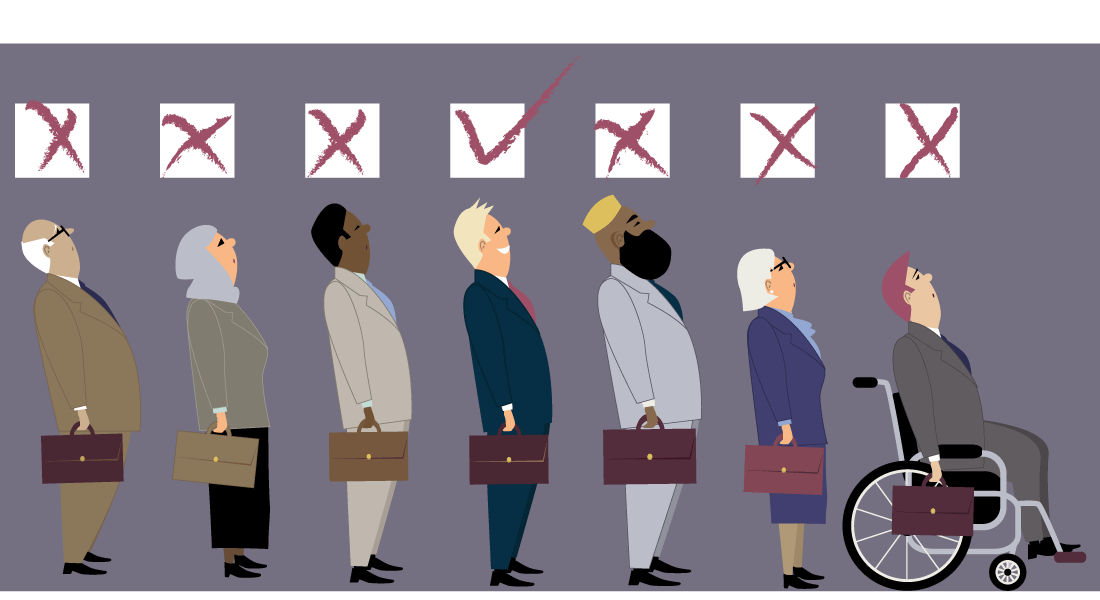Miami Gardens Police Officers File Whistleblower Lawsuit Over Racial Discrimination
In a significant legal move, five Hispanic police officers from Miami Gardens have filed a whistleblower lawsuit, alleging systemic racial discrimination and harassment within their department. The officers—Juan Gonzalez, Christian Vega, Francisco Mejido, Rudy Hernandez, and Sgt. Pedro Valdes—claimed they faced retaliation, demotions, and unjust treatment after raising concerns about workplace practices. Their lawsuit not only highlights the challenges of addressing discrimination in law enforcement but also underscores the importance of legal protections for employees facing similar issues.
Allegations of Harassment and Retaliation
The officers’ experiences paint a troubling picture of workplace hostility. Sgt. Pedro Valdes, a 17-year veteran, was relieved of duty for six months without explanation, forced to stay home for 10 hours a day. Officer Francisco Mejido, a K-9 unit veteran, was removed from his position and had his canine partner reassigned after a minor body camera infraction—despite his replacement committing the same violation. Officer Juan Gonzalez described being reprimanded for speaking to other Hispanic officers at a crime scene and being followed by a supervisor in a threatening manner.
These incidents, the officers allege, are part of a broader pattern of discrimination under Police Chief Delma Noel-Pratt, the department’s first Black female chief. They claim that experienced Hispanic and white officers have been systematically replaced with younger Black officers, and that complaints to internal affairs and city officials have been ignored.
Legal Protections Against Discrimination
The officers have filed complaints with the Florida Commission on Human Relations and the U.S. Equal Employment Opportunity Commission (EEOC). Under federal law, the EEOC investigates claims of workplace discrimination and can issue a “right to sue” notice if the claims are substantiated. The officers’ lawsuit also invokes whistleblower protections, which shield employees from retaliation when they report misconduct or illegal activities.
Key legislation relevant to this case includes Title VII of the Civil Rights Act of 1964, which prohibits employment discrimination based on race, color, religion, sex, or national origin. Florida’s Whistleblower Act further protects employees who disclose violations of laws or regulations.
California Laws Protecting Employees from Harassment and Discrimination
For readers in California, it’s important to note that the state has some of the strongest anti-discrimination and anti-harassment laws in the country. The California Fair Employment and Housing Act (FEHA) prohibits workplace discrimination, harassment, and retaliation based on race, color, national origin, ancestry, and other protected characteristics. FEHA applies to employers with five or more employees and offers broader protections than federal laws.
California also has robust whistleblower protections under Labor Code Section 1102.5, which safeguards employees who report violations of state or federal laws, rules, or regulations. Additionally, the California Whistleblower Protection Act protects public employees from retaliation for reporting improper governmental activities.
Under FEHA, employees who experience harassment or discrimination can file a complaint with the California Civil Rights Department (CRD), formerly known as the Department of Fair Employment and Housing (DFEH). The CRD investigates claims and can issue a “right to sue” notice, allowing employees to pursue legal action.
Implications of the Whistleblower Complaint
This lawsuit is categorized as a whistleblower complaint because the officers allege retaliation for reporting racially discriminatory practices. Such cases often have far-reaching implications, not only for the individuals involved but also for the organizations they accuse. For the Miami Gardens Police Department, the lawsuit could lead to increased scrutiny, potential policy changes, and a reevaluation of leadership practices.
For the officers, the lawsuit represents a fight for justice and accountability. “To play with our emotions and mental state for no reason—it’s not right,” said Sgt. Valdes. Their attorney, Michael Pizzi, emphasized the emotional toll of the alleged harassment, noting that some officers experienced severe mental stress and even PTSD.
The Importance of Legal Counsel
For anyone facing similar challenges, seeking advice from an experienced discrimination attorney is crucial. Legal experts can help navigate the complexities of filing complaints, gathering evidence, and pursuing justice. As this case demonstrates, having skilled representation can make a significant difference in holding organizations accountable and protecting employees’ rights.
The Miami Gardens lawsuit serves as a stark reminder of the ongoing challenges of addressing workplace discrimination. It also highlights the critical role of legal protections and advocacy in ensuring fair treatment for all employees. Whether in Florida, California, or elsewhere, understanding your rights and seeking legal counsel can be the first step toward justice.










